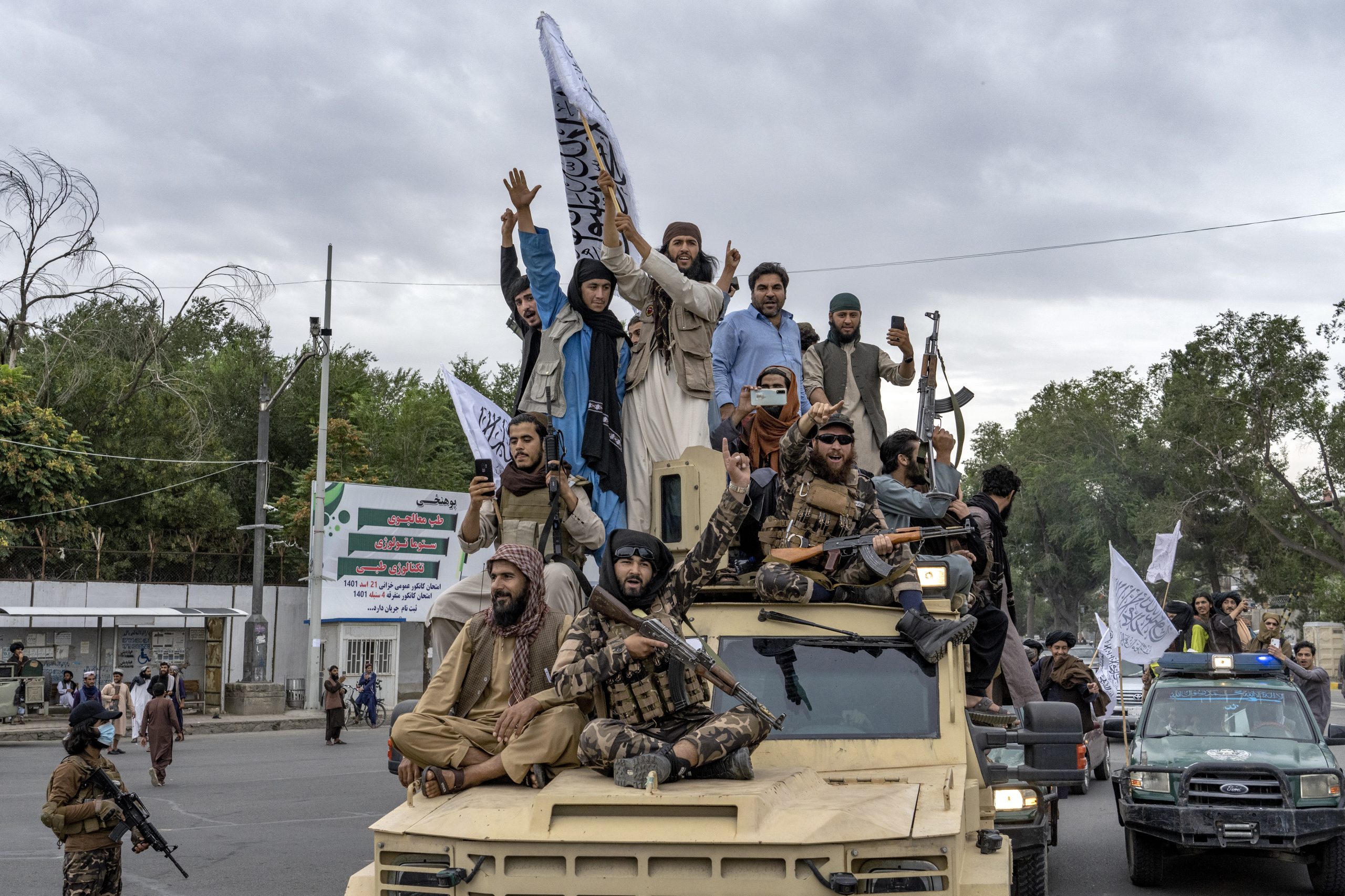For the last 15 years, a special inspector general created by Congress has been detailing the waste, fraud, and abuse of taxpayers by Afghan officials who had been handed over $90 billion since the war on terror began with the 9/11 attacks.
Each report from the special inspector general for Afghanistan reconstruction has detailed how funds were squandered, weapons stolen, and taxpayers abused.
CPAC WRAP: DESANTIS STALLED, UKRAINE FUNDING OPPOSED
But in the latest audit, “Why the Afghan Security Forces Collapsed,” presumably one of the last, auditor John Sopko reviewed the final weeks, days, and hours of the U.S. effort and the hasty and deadly withdrawal of Americans from Kabul by President Joe Biden in August 2021.
While the headlines focused on the auditor’s criticisms of Biden’s “abrupt and uncoordinated” pullout, Sopko also turned over a section to some 40 U.S. and Afghan officials to vent about the withdrawal, providing a haunting tale of tears about the end of the U.S. mission.

A general theme of the oral history appendix was that Washington never understood how Afghanistan worked, that money would not buy victory, and that contracting out key jobs was a recipe for disaster.
“We built that army to run on contractor support. Without it, it can’t function. Game over. … When the contractors pulled out, it was like we pulled all the sticks out of the Jenga pile and expected it to stay up,” said retired Lt. Gen. David Barno, who commanded U.S. forces from 2003 to 2005.
Another was how the White House expected a smooth departure and didn’t plan on the Taliban moving in so fast.
“When President Biden announced that he would withdraw all troops, I was watching the announcement. And the Taliban are also watching. And after eight or nine minutes, the Taliban intensified their attacks immediately, in all different places,” said Gen. Fida Pirzada, a former Afghan provincial chief of police.
Several officials agreed with Gen. Sami Sadat, the former Afghan army corps commander, who complained that his efforts to stop the Taliban were thwarted by bureaucrats. “All operations became defensive, and we were not allowed to conduct offensive operations. We would get intelligence about Taliban massing, Taliban preparing IED factories, but unfortunately, at times, we were not allowed to do anything about it,” he said.
In the hours leading up to the tragic killing of 13 American troops at Kabul’s international airport by a suicide bomber on Aug. 26, 2021, a U.S. infantryman said there was sheer chaos and poor communications. He said that while Americans were focused on helping the most vulnerable escape, it was young Afghan soldiers who pushed to the front.
GET THE INSIDE SCOOP FIRST WITH WASHINGTON SECRETS
“One of the things that was pretty frustrating, inevitably you’d look down, and first layers of crowd would be military-age males, trying to be the first ones in line, which was frustrating because if they’d done their job and stood up for their country, they wouldn’t be in that situation,” he told the auditor.
And some discussed the grief they felt leaving so many fellow Afghan soldiers behind to face certain death.
“You’ve got guys who certainly do deserve to come to the U.S. who aren’t able to, and they’ve got a target on their back. The Taliban knows where they are and how to find them. It’s like we gave this guy a rope and noose around his neck and then kicked the chair out from under him,” said a U.S. service member.
